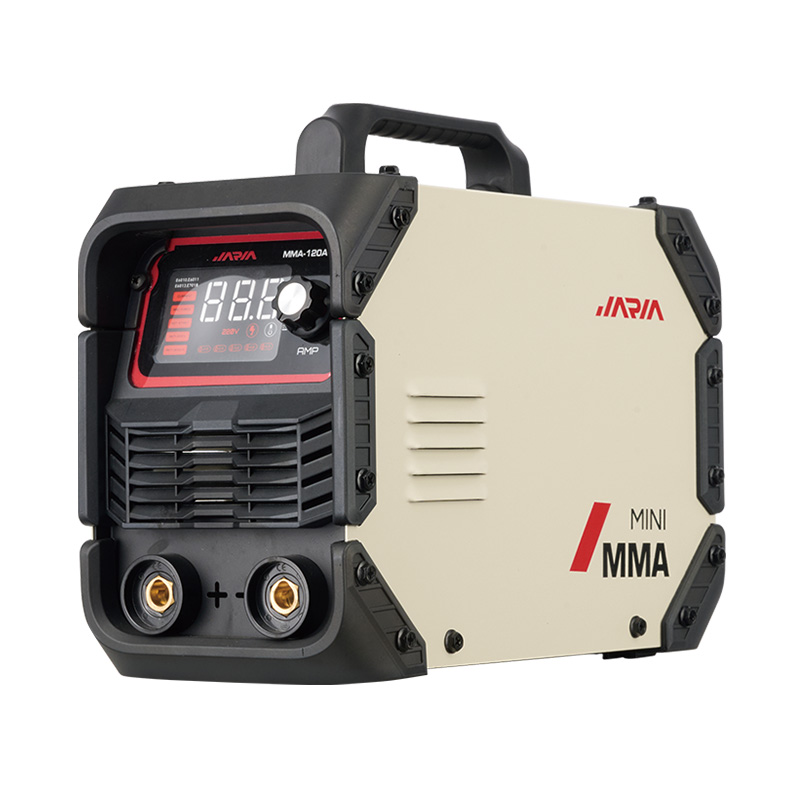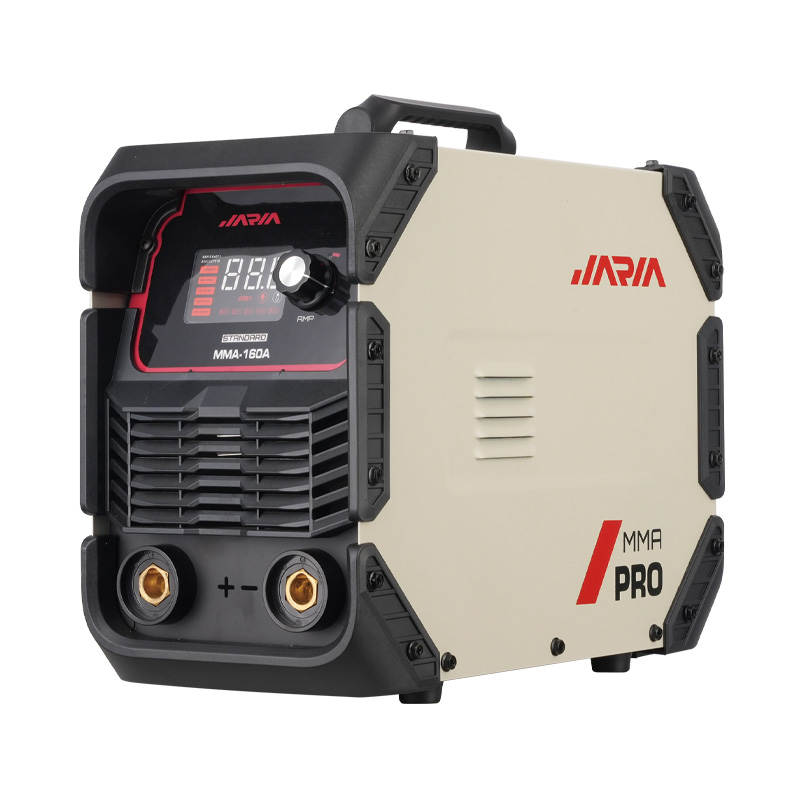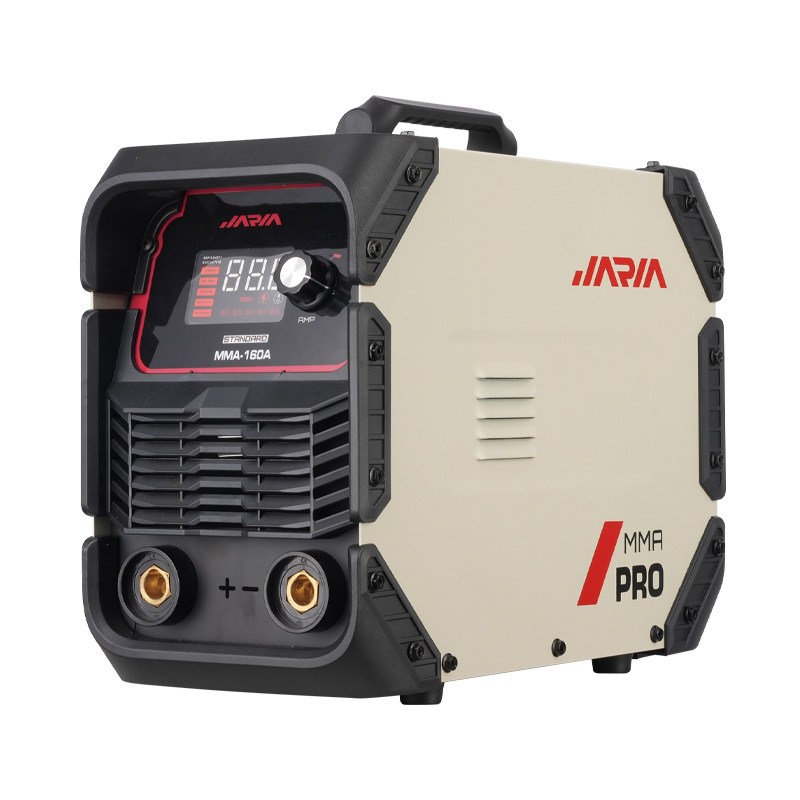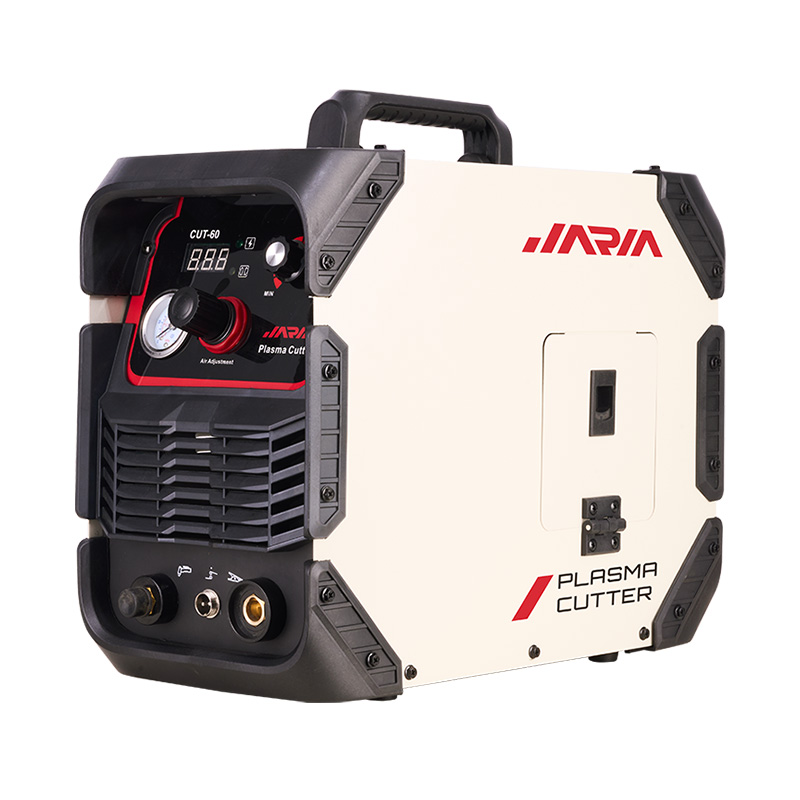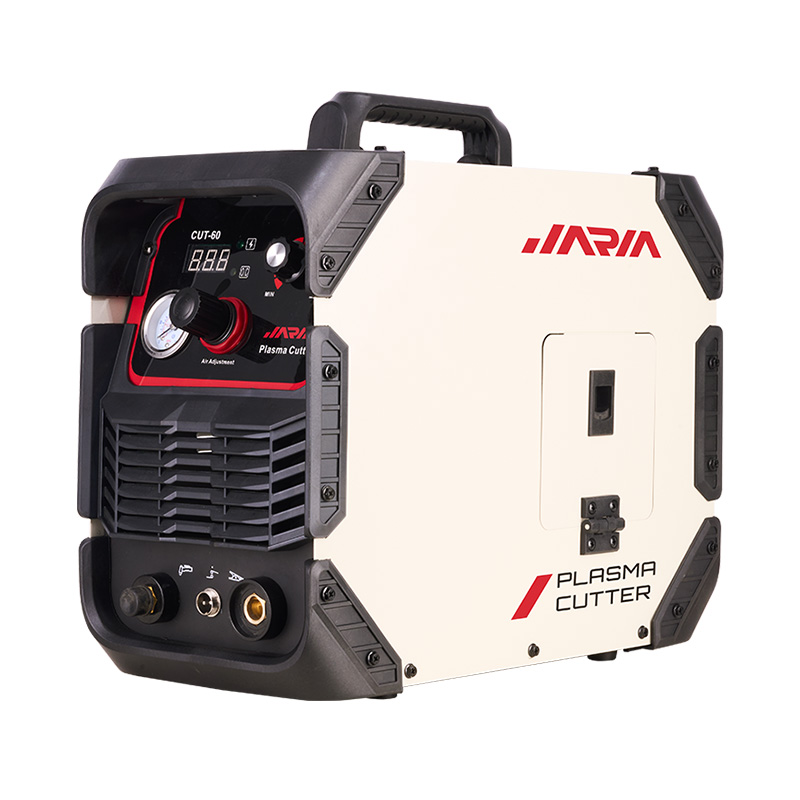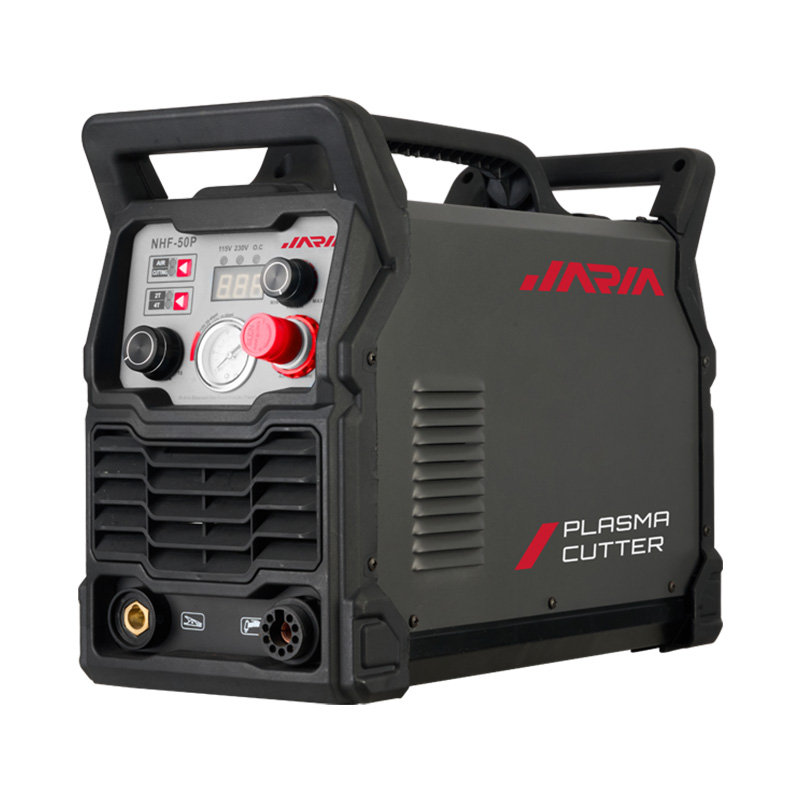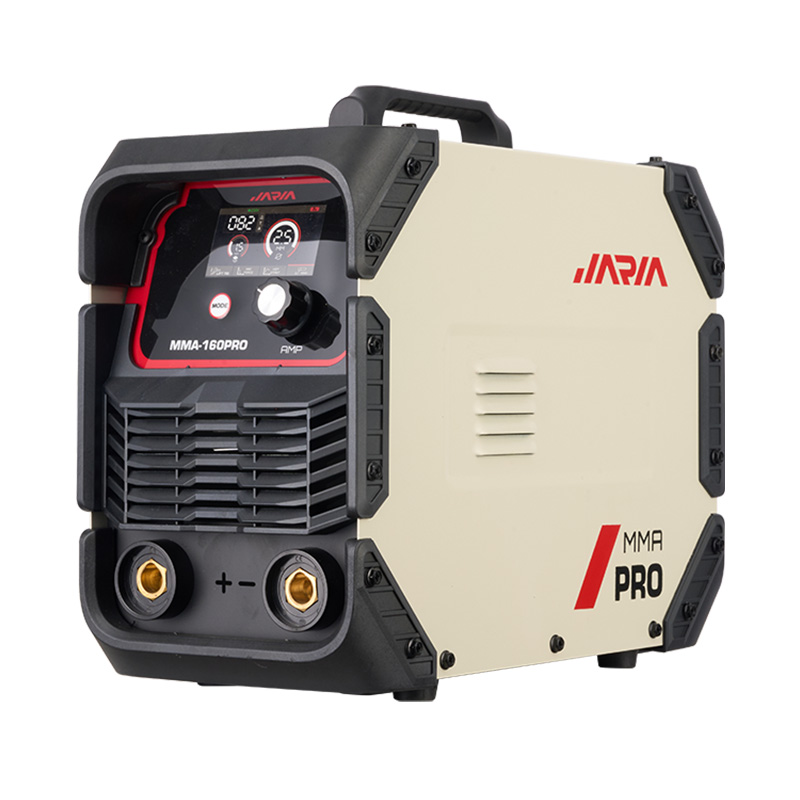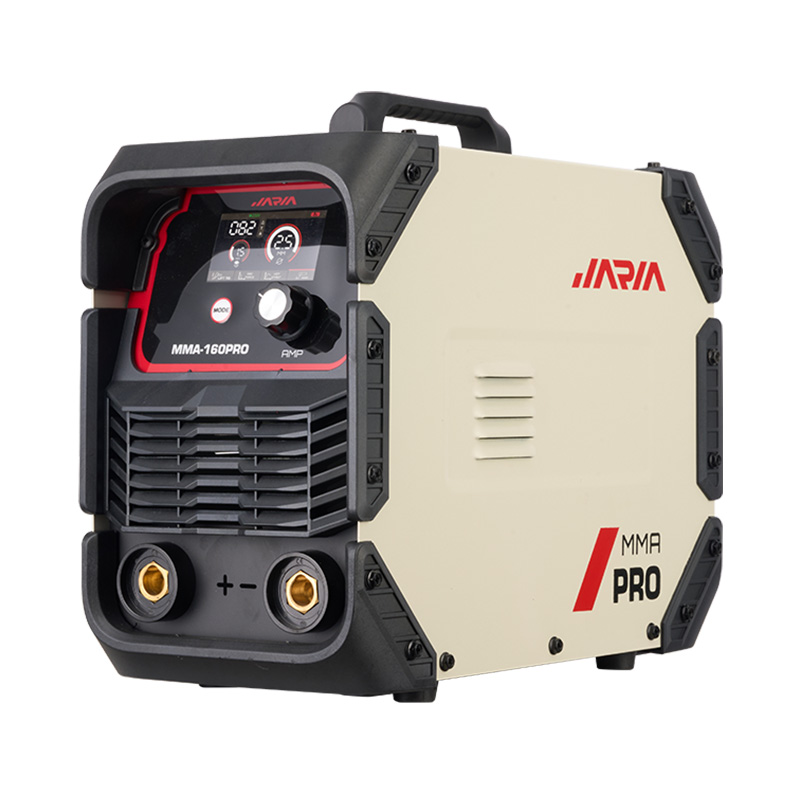Wholesale ac dc multi process stick welder manufacturer
In the realm of metal fabrication and repair, the stick welder stands as a stalwart tool, relied upon for its robustness and reliability. This article delves into the intricacies of selecting the appropriate electrodes for your stick welder, a decision that can significantly impact the quality and efficiency of your welding projects. With the right electrodes, your stick welder can perform at its best, ensuring strong, durable welds that meet the demands of your work.
Electrodes are the heart of the stick welding process. They are consumable and provide the filler material that melts to join the base metals together. The choice of electrode is not just about the type of metal being welded; it also about the desired weld properties, such as strength, ductility, and resistance to corrosion. Understanding the properties of different electrodes is essential for any welder looking to get the more out of their stick welder.
Types of Electrodes for Stick Welders:
There are several types of electrodes designed for use with stick welders, each with its own set of characteristics and applications. Here are some of the more common types:
These are the more common and are used for general-purpose stick welding on mild steel. They are available in various classifications, such as E6010, E6011, E6012, and E6013, each with different amperage capabilities and deposition rates.
Designed to reduce the risk of under-bead cracking, these electrodes are ideal for critical applications where high-quality welds are essential. Examples include E7010 and E7018.
For welding stainless steel, electrodes like E308 and E308L are used to maintain the corrosion resistance of the base material.
Specialized for welding cast iron, these electrodes, such as EZ30, are designed to reduce the risk of cracking in this brittle material.
For non-ferrous metals like aluminum, electrodes such as E4043 and E5356 are used to ensure a strong and corrosion-resistant weld.
Choosing the Right Electrode for Your Stick Welder:
When choosing the right electrode for your stick welder, consider the following factors:
Ensure the electrode is compatible with the base metal you are welding. Using the wrong electrode can bring about weak welds or structural failures.
Different electrodes perform better in different welding positions. For example, some electrodes are better suited for vertical or overhead welding, while others excel in flat or horizontal positions.
Your stick welder operates on either direct current (DC) or alternating current (AC). Some electrodes are designed to work better with one type of current over the other.
Depending on your project's requirements, you may need an electrode that provides deep penetration or one that deposits filler metal quickly.
A stable arc is crucial for a smooth welding process. Some electrodes are formulated to provide a more stable arc, reducing spatter and improving weld quality.
Electrodes vary in price, and while it may be tempting to choose the cheaper option, consider the long-term cost in terms of weld quality and electrode consumption.
Maintenance and Storage of Electrodes for Stick Welders:
Proper storage and maintenance of electrodes are just as important as their selection. Electrodes should be stored in a dry place, away from moisture, as moisture can cause hydrogen to be released during welding, bringing about defects. Additionally, electrodes should be used within their expiration date to ensure better performance.
Selecting the right electrodes for your stick welder is a critical step in ensuring the success of your welding projects. By considering material compatibility, welding position, current type, penetration and deposition rates, arc stability, and cost, you can make an informed decision that will enhance the performance of your stick welder. Remember, the quality of your welds is directly related to the quality of your electrodes. Invest time in understanding the different types of electrodes available and how they can be tailored to your specific needs, and you will be well on your way to becoming a proficient stick welder.

 英语
英语 西班牙语
西班牙语 阿拉伯语
阿拉伯语